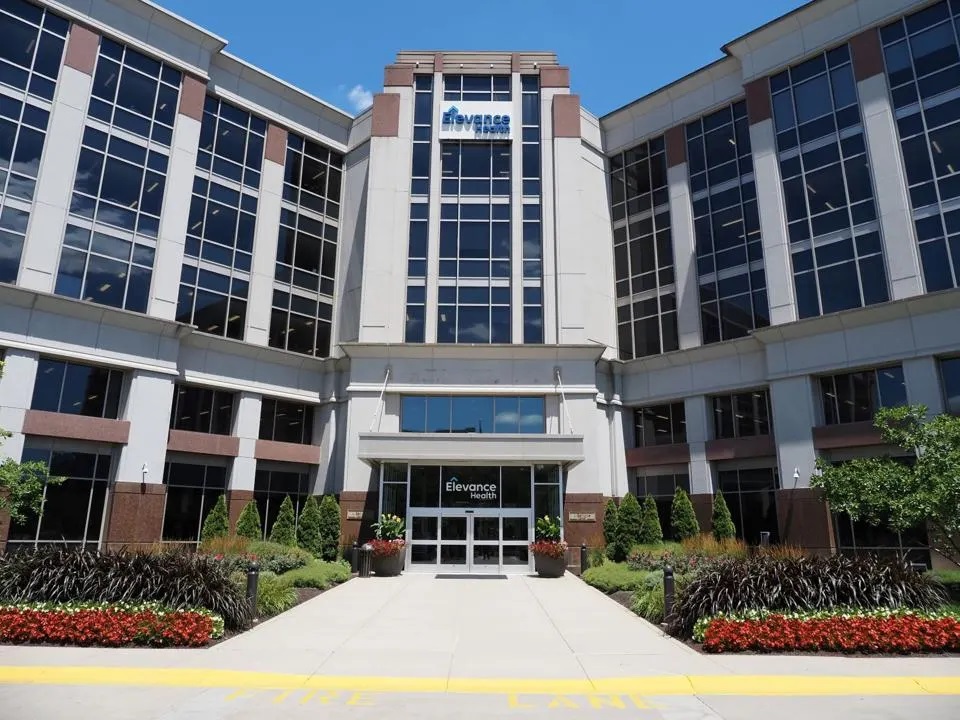
Elevance Health’s research highlights the detrimental effects of loneliness on Medicare Advantage beneficiaries, particularly seniors, including worsening comorbidities and increased mortality risk. Their Member Connect program, designed to combat social isolation, employs community health workers and phone companions to establish personal connections. This approach targets individuals meeting specific criteria, such as living alone or experiencing isolation, with the aim of improving their overall well-being and potentially reducing healthcare utilization in the future.
Loneliness among Medicare Advantage (MA) beneficiaries, particularly seniors, poses a significant threat to their overall health and can exacerbate underlying health conditions, including comorbidities and even mortality, as highlighted in a comprehensive report from the Elevance Health Public Policy Institute.
The report emphasizes that loneliness in older adults substantially increases the risk of depression and dementia. Furthermore, it worsens the health outcomes for those dealing with conditions such as hypertension, heart disease, and stroke.
Researchers conducted a survey that yielded the following key findings:
1. Approximately 28% of respondents had been diagnosed with a mental health condition.
2. One in four participants reported experiencing both depression and another mental health condition.
3. Individuals with a mental health diagnosis were more likely to live in solitude.
4. Those with a mental health diagnosis reported limitations in their social activities in the past month due to health-related issues.
To gain insights into this issue, Elevance Health collaborated with Health Management Associates, a research and consulting firm. Together, they analyzed data from 16,000 Medicare beneficiaries with mental health diagnoses, utilizing the 2018 Medicare Current Beneficiary Survey. This study encompassed beneficiaries covered by both traditional fee-for-service Medicare and Medicare Advantage.
Jennifer Kowalski, Vice President of the Public Policy Institute, stated that Elevance Health aims to share valuable insights gained from its Member Connect program, which was launched in 2017 with the specific goal of combating social isolation among MA plan enrollees.
Kowalski emphasized that MA plans possess unique advantages in addressing loneliness compared to traditional Medicare. She outlined three key strengths:
1. MA plans can effectively identify older adults at risk of experiencing loneliness through robust data analytics.
2. They can establish connections with these individuals through various high-touch channels, such as home health and care management programs.
3. The well-established link between loneliness and several social determinants of health underscores the importance of plans to reduce loneliness and social isolation among their members.
The Member Connect initiative involves a community health worker or social care partner, along with an Elevance Health employee volunteer who acts as a phone companion. The program’s approach focuses on establishing personal connections with MA plan members and supporting them in making changes to reduce isolation and loneliness.
Since the launch of Member Connect, over 5,740 Elevance MA members have participated, and a total of 216,833 phone calls have been made to participants.
The social care partner, typically with a background in social work or counseling, assists members in engaging with the program. They actively screen for barriers to connection, such as transportation issues, recent loss of a partner, or mobility difficulties.
The phone companion makes weekly calls to encourage members to share personal stories and interests, as well as identify any assistance they may require for daily living. They promptly report any issues to the social care partner.
The report also noted that social care partners have facilitated member referrals for fair housing counseling in cases where rent became unaffordable.
To qualify for Member Connect, an individual must meet one of the following criteria:
– Live alone
– Spend the majority of their day in isolation, even when living with others
– Lack of social support (e.g., long-distance caregiver or no caregiver)
– Self-report loneliness or isolation
– Act as a caregiver with minimal support
– Be newly widowed with limited social support
– Have recently received a serious or terminal illness diagnosis
– Have a diagnosis of dementia
The Public Policy Institute suggests that while the research did not delve into healthcare utilization, the known impact of social isolation on health implies that these programs could potentially lead to improvements in healthcare utilization down the line. Kowalski added that assessing the program’s impact on utilization remains a consideration for future research.


